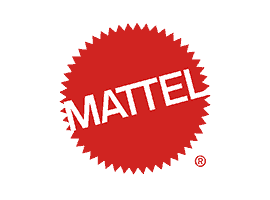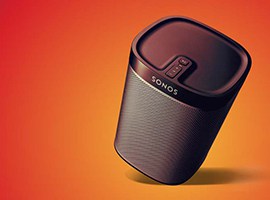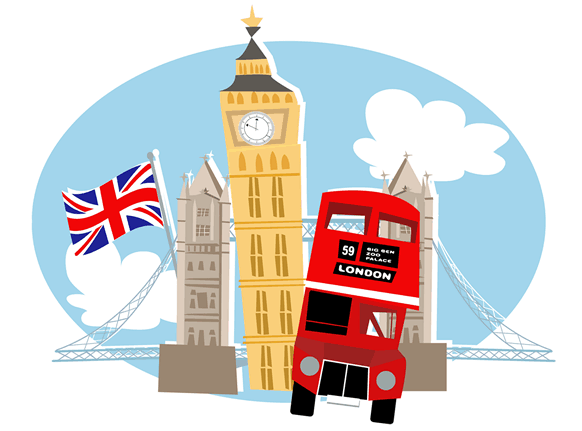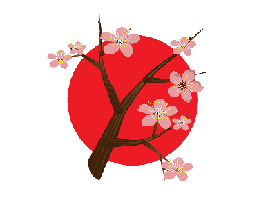What is transcreation, and when do you need it?
Pepsi’s fumble is a clear illustration of the difference, and the dangers of confusing
translation and transcreation. Translation relies on experts of language to carry meaning into new languages.
Transcreation relies on creative thinkers and writers to carry ideas into new cultures. More
than a simple assessment of semantics, transcreation demands going back to the root of an idea
to understand it completely. A transcreator needs to be skilled in the language of ideas and in
the nuances and languages of different cultures. All of our transcreators have working
experience of brand and marketing communications. Many have worked as advertising copywriters.
So when do you know that you need transcreation, and not simply translation? Transcreation is
most commonly required for marketing and advertising. It helps brands retain the power of their
communications, changing the way things are expressed to introduce an idea in a way that will
resonate with a target culture. But it’s also relevant to material that’s trying to tick any of
the following boxes.
If you’re trying to make an emotional connection
Got a booklet, an instruction manual, a list of terms and conditions? You don’t need
transcreation. Got a TV campaign that has people weeping in their seats? You need more than
translation. To evoke emotion you need a to understand what makes people from different cultures
react in the same way. Sometimes that involves going beyond the language to go the core
of an idea.
When you’re trying to be funny
Why is Charlie Chaplin funny in different languages? Because he never speaks. When was the last
time you told a funny joke in a language not your own? Humour is perhaps the hardest nut to
crack in the translation business. If you need a snigger, Transcreation is your best shot.
When you are translating a brand name or a slogan
Brand names, slogans and taglines tend to be abstract. That makes them incredibly hard to pin
down accurately in different languages. The marketing world is littered with
brands that didn’t appreciate the impact of their own language. When translated for the Mexican
market, Parker Pen’s slogan “It won’t leak in your pocket and embarrass you” was communicated as
“It won’t leak in your pocket and make you pregnant”. An undefinably unique benefit for a
pen, but not one that made it a huge hit in Guadalajara. To get your point across as intended,
ask for transcreation.
Transcreation Services with Romantic lines
Romantic lines handles transcreation for some of the biggest brands on the planet. As an
international brand ourselves, we are fully qualified to deal with the challenges of introducing
brands and ideas to different cultures. Every transcreation job follows three key stages.
 Case Study
Case Study Case Study
Case Study Case Study
Case Study Case Study
Case Study Case Study
Case Study Case Study
Case Study Case Study
Case Study Case Study
Case Study Case Study
Case Study Case Study
Case Study Case Study
Case Study Case Study
Case Study Case Study
Case Study Case Study
Case Study Case Study
Case Study Case Study
Case Study Case Study
Case Study Case Study
Case Study Case Study
Case Study Case Study
Case Study Case Study
Case Study













